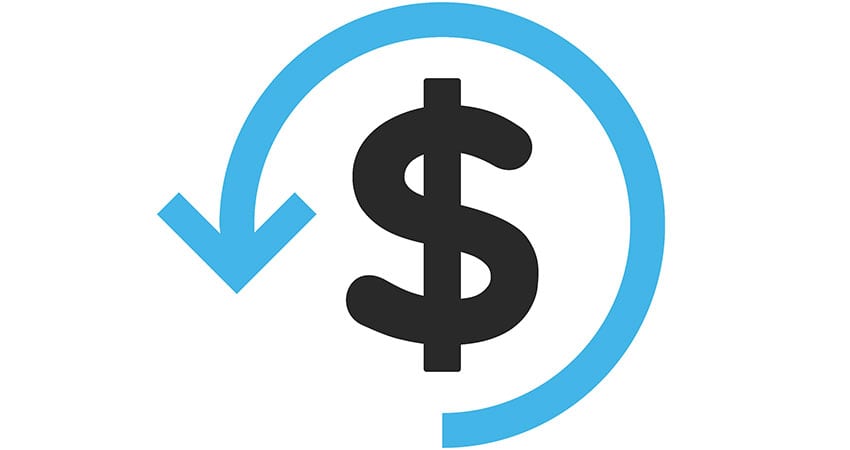As retailers have recently started to pull back on their generous return policies (e.g. L.L. Bean and Best Buy), they realized while the policies might have driven customer loyalty they also provided a haven for shoppers taking advantage of them.
Whether these changes are for the best in the long run remains to be seen. But it can’t be denied that these retailers realized they have rights, too. What about applying this approach to handling credit card chargebacks?
Beyond the headline-making policies, both brick-and-mortar companies and ecommerce merchants have rights when it comes to handling chargebacks. For too long however, there have been many misconceptions, myths, half-truths and outright lies about merchant rights.
Merchants have chargeback rights and they must exercise them. Failing to do so only reinforces the confusion surrounding what it means to be a merchant in the 21st century.
Know Your Rights
If you work with merchants on this issue long enough, there are certain refrains you hear time and again. There are variations, but they usually sound something like this:
- “The chargeback process is broken.”
- “The credit card chargeback process is designed to hurt merchants.”
- “Merchants are helpless in the fight against credit card chargebacks.”
It’s not broken. The process is designed to help, as merchants are never helpless!
The first thing merchants need to learn about their rights is the importance of reviewing documentation provided by Visa, Mastercard, Discover and American Express. These major credit card issuers have regulations in place that protect merchants from acts of friendly fraud and chargeback fraud. When they adhere to card brand regulations, merchants are extended protection against chargebacks.
The rules around return and refund policies, for example, are designed to protect merchants from unwarranted returns. Merchants need to be sure they’re up to date on the rules and regulations that govern card issuers because doing so extends their rights and protects them from chargebacks. They would also do well to consider these key protection measures:
- Reason codes: They give merchants insight into why the chargeback was filed. In some cases, it clearly specifies that the cardholder must work with the merchant to solve the problem.
- No cashback transactions: Chargebacks cannot be filed as a cashback remedy for a disputed transaction.
- Late delivery: If the product arrives late, the customer cannot automatically file a chargeback but must first attempt to return the item.
- 15-day waiting period: The issuer must wait 15 days after a customer return to file a chargeback. This gives merchants time to communicate with the customer and provide a resolution.
- Purchase price only: The chargeback value only covers the cost of the product and not shipping, handling and other surcharges.
The chargeback process is not positioned against merchants – it’s designed to work for everyone involved.
The Right of Chargeback Representment
Perhaps the most important credit card chargeback right is that of representment. When appropriate, merchants should dispute chargebacks and take full advantage of their rights of representment. Doing so strengthens the chargeback process and sends a clear message to fraudsters and thieves that online retailers will not idly stand by and accept chargeback fraud.
True, disputing a chargeback does take work, but when done right the payoff can be very rewarding. The key to successful chargeback representment is being prepared. Merchants should make sure they’re using tools and resources that allow them to easily collect compelling evidence required to win representment cases.
The representment process is the tried and true way for merchants to highlight fraudulent chargebacks – proving that they won’t be bullied by theft and fraud.
Dedication and Perseverance
These rights are not hard to understand. Whether selling in stores, online or both, merchants need adhere to them by staying focused on the chargeback process and seeing disputes through to resolution – particularly given the time and resources required. In the long run, knowing their rights and acting on them will help them limit the incidence of costly chargebacks.
Matthew Katz is the founder and CEO of Verifi

